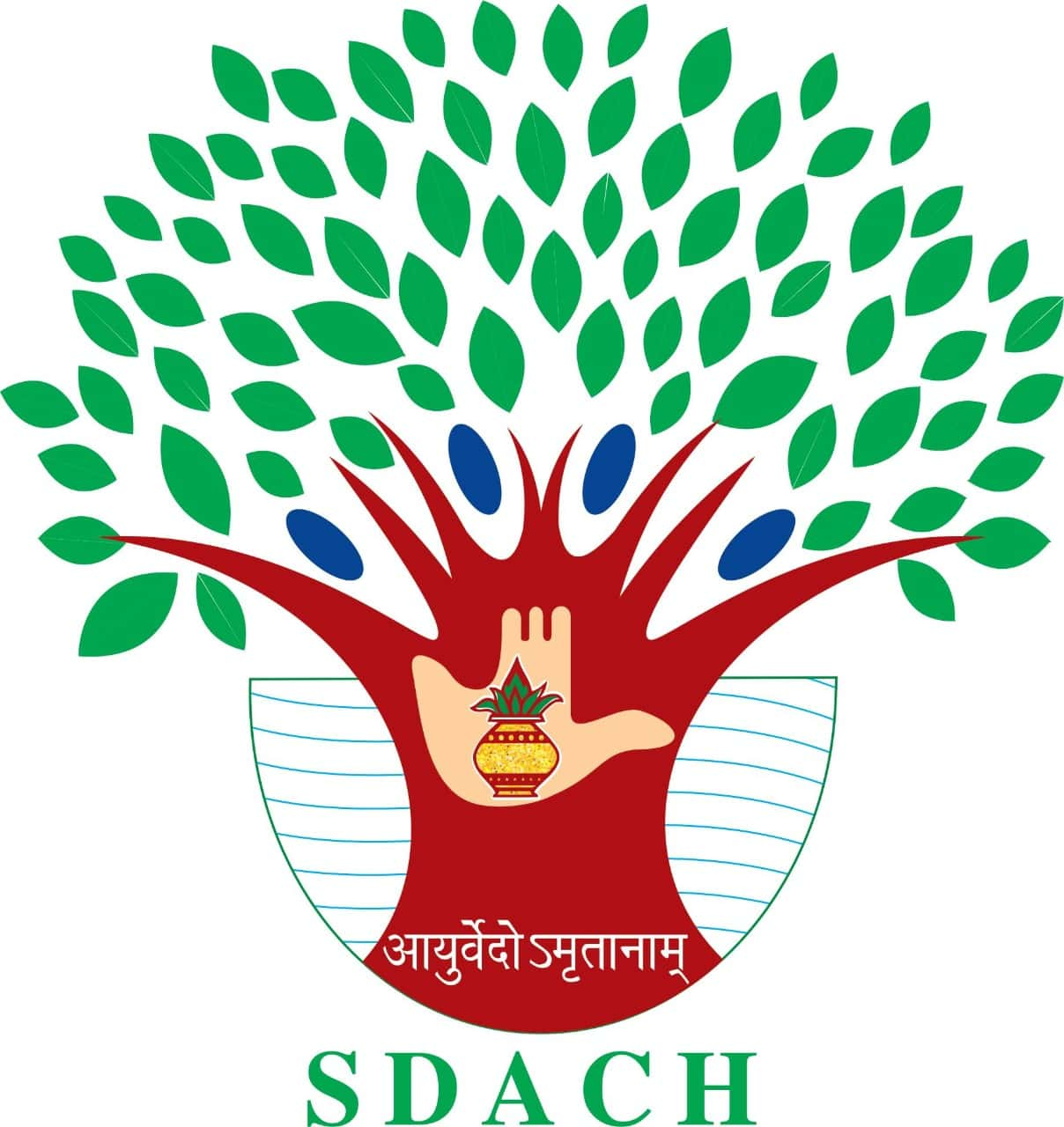Botanical Name :
Biophytum sensitivum (Linn.) DC.
Family :
Oxalidaceae
Introduction :
It is one of the flower in Dasha pushpa, useful in insect bite.
Names in different Indian languages :
English : tropical little tree plant
Sanskrit : Viparitalajjalu,jhullapushpah
Hindi : Lajjalu
Malayalam : mukkutti
Tamil : tintanali
Synonyms :
Oxalis sensitiva Linn.
Lajjaalu (var.) Vipareet Lajjaalu (non-classical),
Varieties & adulterants – (CV – controversy, AD – adulterants) :
CV – Alambushaa – (Gorakh Mundi, Sphaeranthus indicus Linn., Asteraceae.)
Morphology :
Slender erect annual herb, 10 -15 cm, rosette leaves top of stem
Leaves –compound, pinate, small 5-8 cm, leaflets opposite , small 2-3 mm, oblong
Flower – yellow
Fruits – capsule
Distribution & Habitat :
All over India
Properties :
RASA- kashaya
GUNA-laghu
VIRYA-ushna
VIPAKA-katu
Karma : kaha hara, kushtaghna, vishaghna
Diuretic, expectorant , lithontriptic
Srotogamitva :
Dosha : kapha-pitha ghna
Dhatu : rasa,raktha
Mala :mutrala
Organ : liver, skin
Indication :
Mutrakrichra, asthma , jwara, visha upadrava.
Plant—used in insomnia, convulsions, cramps,
chest-complaints, inflammations, tumours, chronic skin diseases.
Ash—in stomachache.
Leaves—diuretic, astringent, antiseptic.
Paste is applied to burns, contusions and wounds.
Decoction is given in strangury, asthma and phthisis.
Roots—decoction is given in lithiasis.
Mature leaves are recommended in diabetes; contain an insulin-like principle.
Part used :
Whole plant and its ash
Dosage :
10-15 ml
Important Yogas or Formations :
Hriberadi grtam
Sunisanna chargeri grtam
Therapeutic Uses :
Plants paste ex. In insect bite
Leave juice in diabetes





